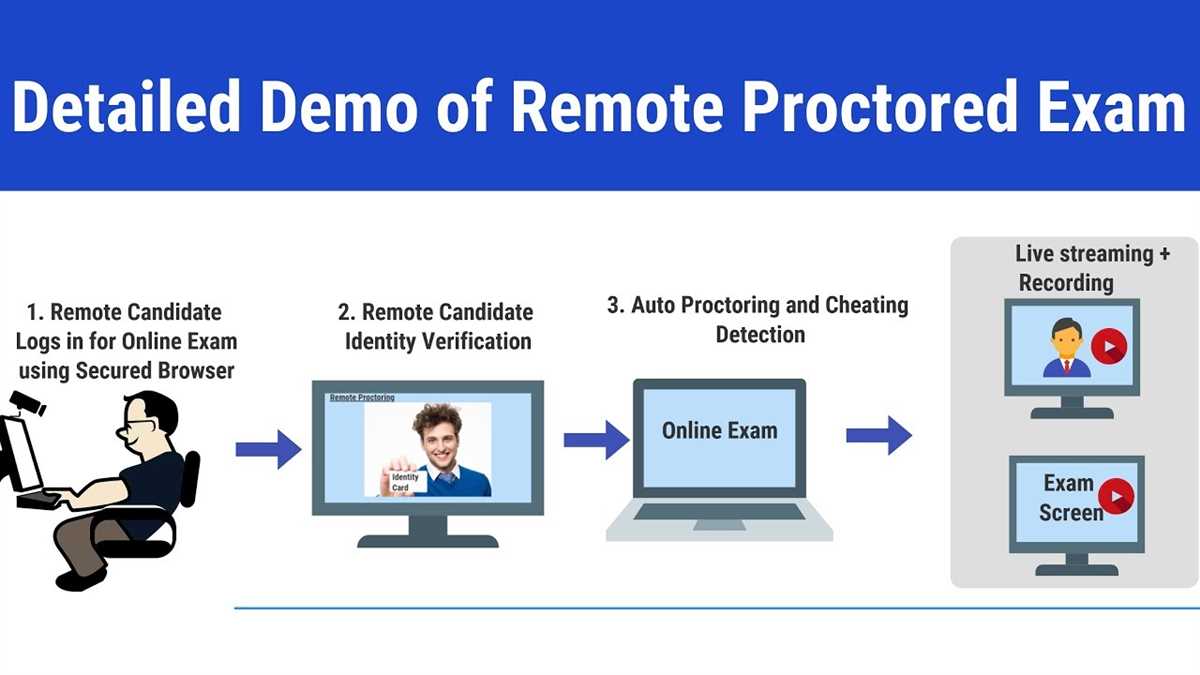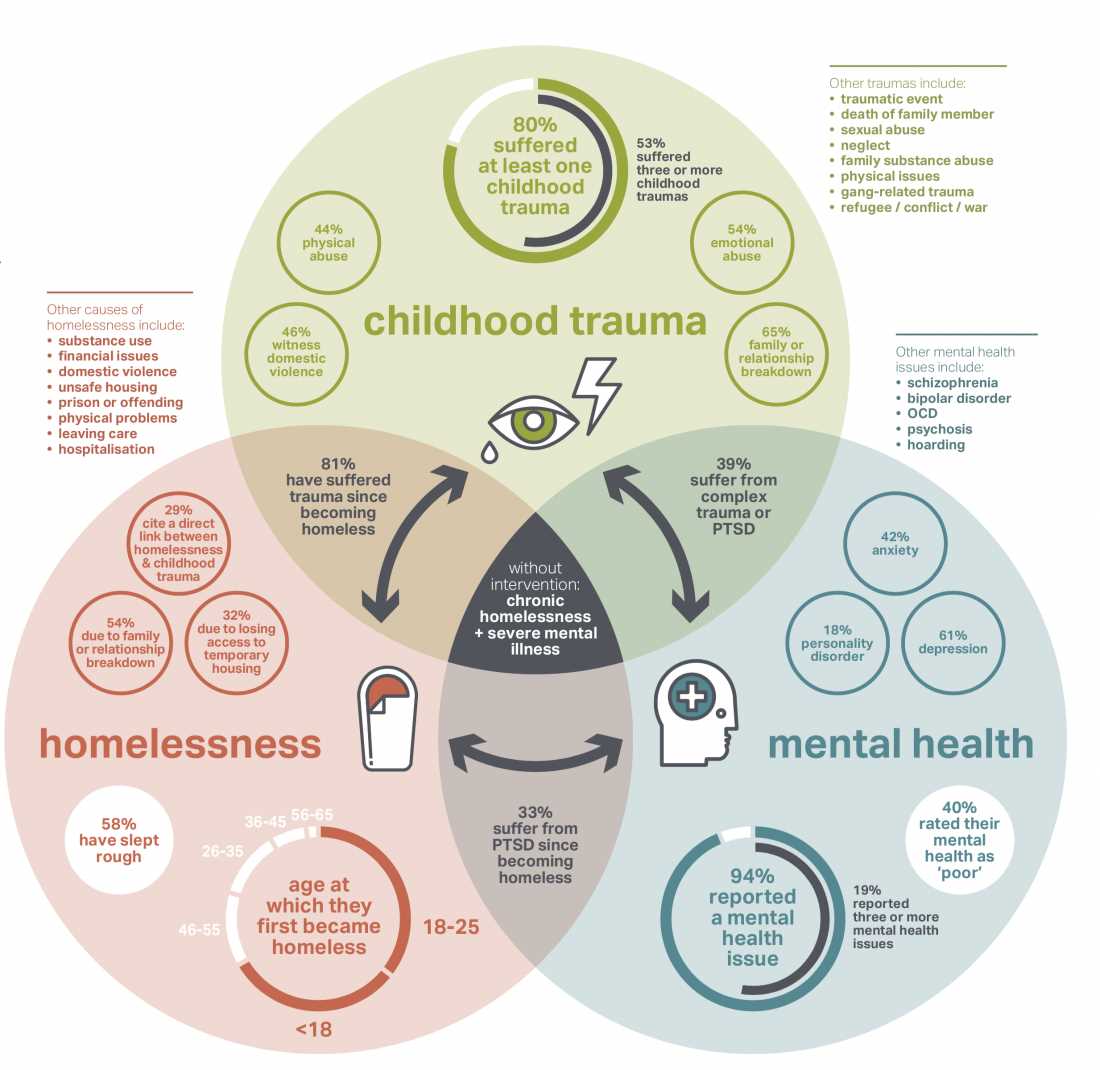
Retaking the ATI Mental Health Proctored Exam can be a daunting task for students, but it is an opportunity for them to improve their understanding of mental health concepts and test-taking skills. This exam is designed to assess a student’s knowledge and comprehension of mental health topics, including therapeutic communication, psychotropic medications, and mental health disorders.
Preparing for the retake requires a comprehensive review of the material covered in the exam. Students should start by identifying their areas of weakness and focusing on those topics. This may involve going over lecture notes, textbook chapters, and additional study materials. It is also helpful to utilize online resources, such as practice quizzes and review videos, to reinforce understanding of key concepts.
In addition to content review, it is important for students to develop effective test-taking strategies. This includes learning how to read and analyze exam questions, manage time efficiently, and eliminate answer options. Practicing with sample questions and mock exams can help students become familiar with the format and improve their ability to apply their knowledge to different scenarios.
Finally, it is crucial for students to take care of themselves during the retake process. Managing stress, getting enough sleep, and maintaining a healthy lifestyle can positively impact performance on the exam. Additionally, seeking support from classmates, instructors, and mental health professionals can provide valuable insights and encouragement.
Understanding the ATI Mental Health Proctored Exam Retake
When it comes to preparing for the ATI Mental Health Proctored Exam, it is important to understand the guidelines and process involved in retaking the exam. The exam is designed to assess a student’s knowledge and understanding of mental health nursing concepts and principles. It covers various topics such as therapeutic communication, mental health disorders, psychotropic medications, and crisis intervention.
If a student does not achieve the desired score on the exam, they may be given the opportunity to retake it. However, it is essential to note that each institution may have its own policies regarding retakes. Some institutions may allow multiple attempts, while others may have a limit on the number of times a student can retake the exam. It is important for students to familiarize themselves with their institution’s policies and guidelines regarding retakes.
When preparing for a retake of the ATI Mental Health Proctored Exam, it is crucial to identify areas of weakness and develop a targeted study plan. This may involve reviewing textbooks, attending review sessions, seeking additional resources, or working with a study group. It is also recommended to complete practice questions and mock exams to assess understanding and improve test-taking skills.
During the retake, it is important for students to remain calm and focused. Managing test anxiety and maintaining a positive mindset can greatly impact performance. Utilizing test-taking strategies such as reading carefully, eliminating distractors, and prioritizing questions can also enhance chances of success.
In conclusion, understanding the guidelines and process involved in retaking the ATI Mental Health Proctored Exam is crucial for success. By familiarizing oneself with institutional policies, identifying areas of weakness, developing a targeted study plan, and implementing effective test-taking strategies, students can improve their performance and achieve their desired scores on the exam.
Importance of the ATI Mental Health Proctored Exam
The ATI Mental Health Proctored Exam is a crucial assessment tool for nursing students in their mental health nursing courses. This exam evaluates their understanding and application of knowledge related to mental health nursing concepts and practices, ensuring that they are well-prepared to provide safe and effective care for individuals with mental health conditions.
By taking the ATI Mental Health Proctored Exam, students are able to demonstrate their competence in various areas, including therapeutic communication, mental health assessment, therapeutic interventions, psychopharmacology, and the implementation of evidence-based practices. This comprehensive assessment allows them to showcase their ability to critically think, prioritize care, and make sound clinical decisions, all of which are essential skills for a successful mental health nurse.
The exam also serves as a benchmark for evaluating the effectiveness of the mental health nursing curriculum and identifying areas for improvement. It helps educators and program administrators assess the overall competency of their students and adjust their teaching strategies accordingly. Additionally, the results of the exam can be used to tailor individualized remediation plans for students who may require additional support in certain areas.
In conclusion, the ATI Mental Health Proctored Exam plays a vital role in ensuring that nursing students are equipped with the necessary knowledge and skills to provide competent care for individuals with mental health conditions. It serves as a comprehensive assessment tool, a means of benchmarking curricular effectiveness, and a guide for individualized remediation. By successfully completing this exam, students demonstrate their readiness to enter the field of mental health nursing and make a positive impact on the lives of their patients.
Reasons for needing a retake

There are several reasons why a student may need to retake the ATI Mental Health proctored exam. One common reason is that the student may not have adequately prepared for the exam. Mental Health is a complex and challenging subject, and it requires a significant amount of studying and understanding to perform well on the exam. If a student did not spend enough time studying or did not fully grasp the material, they may need to retake the exam to improve their score.
Another reason for needing a retake could be test anxiety. Some students experience extreme nervousness or anxiety when taking exams, which can negatively impact their performance. Test anxiety can affect a student’s ability to recall information, process questions, or think critically during the exam. In such cases, a retake may be necessary to allow the student to demonstrate their knowledge without the added pressure and anxiety.
Additionally, unforeseen circumstances or external factors could also contribute to the need for a retake. For example, a student may have experienced personal issues or health problems leading up to the exam, affecting their ability to concentrate or study effectively. In such cases, a retake may be necessary to ensure that the student has a fair chance to accurately demonstrate their knowledge and skills.
In summary, the need for a retake of the ATI Mental Health proctored exam can arise from inadequate preparation, test anxiety, or unforeseen circumstances. It is important for students to recognize their individual needs and take the necessary steps to improve their performance on the exam.
Preparation strategies for the retake
Preparing for a retake of the ATI Mental Health proctored exam requires a focused and strategic approach. Here are some key strategies to help you succeed:
1. Identify your weak areas
Start by reviewing your previous exam results and identifying the areas in which you performed poorly. Take note of the specific content areas or concepts that you struggled with. This will help guide your studying and allow you to focus on improving in those specific areas.
2. Review the material
Once you have identified your weak areas, dedicate time to reviewing the corresponding material. This could include reading relevant textbook chapters, consulting reliable online resources, or reviewing lecture notes. Structure your study sessions to cover a variety of topics, ensuring that you address all the content areas included in the exam.
3. Practice with sample questions
A great way to prepare for the retake is to practice with sample questions. Look for ATI Mental Health practice exams or question banks that align with the content covered in the actual exam. This will not only help you familiarize yourself with the format of the questions but also allow you to assess your understanding and identify any remaining knowledge gaps.
4. Seek additional resources
If you feel that you need extra support or guidance, don’t hesitate to seek additional resources. This may include reaching out to your instructor or classmates for clarification on certain topics, attending review sessions or study groups, or even considering hiring a tutor. Utilize all available resources to ensure that you have a comprehensive understanding of the material.
5. Create a study schedule
Effective time management is crucial when preparing for a retake. Create a study schedule that allows you to allocate dedicated time for each content area. Be realistic with your time allocation, but also challenge yourself to stay on track. Regularly review your progress and make adjustments to your schedule as needed.
6. Stay positive and confident
Lastly, maintain a positive mindset throughout your preparation. Remember that the retake is an opportunity for improvement, and it is natural to face challenges along the way. Stay confident in your abilities and trust in the hard work you have put in. Visualize yourself succeeding and approach the retake with a determined and focused attitude.
By implementing these preparation strategies, you will be well-equipped to retake the ATI Mental Health proctored exam and achieve a better outcome. Stay disciplined, stay focused, and give it your best effort!
Common challenges faced during the retake

Retaking the ATI Mental Health Proctored Exam can be a challenging process for many students. While each individual may face unique obstacles, there are some common challenges that students often encounter.
Inadequate preparation: One of the main challenges faced during the retake is inadequate preparation. Many students may not have dedicated enough time or effort to study for the exam, leading to a lack of understanding and knowledge of the material. This can result in lower scores and the need for a retake.
Anxiety and stress: Another common challenge is anxiety and stress. The pressure to perform well on the exam can cause students to feel overwhelmed and nervous, leading to test anxiety. This can negatively impact their ability to recall information and answer questions accurately.
Time management: Time management is crucial during the retake. Students may struggle with managing their time effectively during the exam, leading to rushing through questions or spending too much time on difficult ones. Poor time management can result in incomplete or rushed answers, affecting the overall score.
Limited availability of resources: Some students may face challenges due to a lack of access to resources. These resources can include study guides, practice exams, or additional support materials. Limited access to these resources can make it difficult for students to adequately prepare for the retake.
Self-doubt and negative mindset: A negative mindset can also be a challenge during the retake. If a student has previously failed the exam, they may experience self-doubt and a lack of confidence in their abilities. This can impact their motivation and ultimately hinder their performance during the retake.
Overall, the retake process for the ATI Mental Health Proctored Exam can be challenging due to inadequate preparation, anxiety and stress, time management issues, limited availability of resources, and a negative mindset. However, with proper preparation, support, and a positive mindset, students can overcome these challenges and improve their chances of success.
Tips for improving performance on the retake
Retaking the ATI Mental Health Proctored Exam can be a challenging experience, but with the right strategies, you can improve your performance and achieve a better result. Here are some tips to help you prepare effectively:
- Review your previous exam: Begin by analyzing your performance on the previous exam. Identify the areas where you struggled the most and focus your studying on those topics. Understanding your weaknesses will enable you to tailor your review to address those specific areas.
- Create a study plan: Develop a structured study plan that outlines your daily study goals leading up to the retake. Be realistic about your study time and ensure you allocate sufficient time to review each content area thoroughly. Breaking down your study sessions into smaller, manageable segments can also enhance retention and understanding.
- Utilize available resources: Take advantage of the resources provided by ATI, such as practice tests, review modules, and study guides. These materials are specifically designed to help you prepare for the exam and familiarize yourself with the style and content of the questions.
- Engage in active learning: Passive reading is not an effective method for retaining information. Instead, engage in active learning techniques such as reviewing flashcards, creating mnemonics, or teaching the content to someone else. These methods require active participation and can enhance your understanding and memory of the material.
- Seek assistance if needed: If you are struggling with specific concepts or find it challenging to retain information, don’t hesitate to seek assistance. Reach out to your instructor, classmates, or utilize online forums and study groups to clarify your doubts and gain a deeper understanding of the content.
- Practice time management: Time management is crucial during the exam. Use practice exams to simulate the test-taking environment and practice pacing yourself to ensure you can answer all questions within the allotted time. Familiarize yourself with the format of the exam and practice strategies such as skipping difficult questions and revisiting them later.
By following these tips, you can enhance your preparation and increase your chances of achieving a successful outcome on the retake of the ATI Mental Health Proctored Exam. Remember to stay focused, maintain a positive mindset, and approach the exam with confidence.
The role of the retake in overall academic success
Retaking an exam can play a significant role in overall academic success. While some may view retakes as a sign of failure, they actually provide an opportunity for students to learn from their mistakes, improve their understanding of the material, and ultimately achieve better results in their studies.
One of the key benefits of exam retakes is that they allow students to identify areas of weakness and focus on improving their knowledge and skills. By reviewing the material and identifying the specific areas where they struggled, students can develop a deeper understanding of the subject matter and apply their newfound knowledge to future assessments.
Furthermore, retakes can help alleviate stress and anxiety that may have impacted performance on the initial exam. It is not uncommon for students to experience test anxiety, which can have a negative impact on their ability to recall information and demonstrate their true understanding of the material. By retaking the exam, students have the opportunity to approach it with a clearer mind and greater confidence, potentially leading to improved performance.
Additionally, retakes can also foster a growth mindset and a commitment to continuous learning. By embracing the opportunity to retake an exam, students demonstrate a willingness to acknowledge their areas for improvement and actively work towards enhancing their knowledge and skills. This mindset can extend beyond a single exam and contribute to a student’s overall approach to learning.
In conclusion, the retake of an exam should not be viewed as a failure, but rather as a valuable opportunity for growth and improvement. By identifying weaknesses, reducing stress levels, and fostering a growth mindset, retakes can significantly contribute to a student’s overall academic success. It is essential for students to embrace these opportunities, learn from their mistakes, and use them as a stepping stone towards achieving their educational goals.